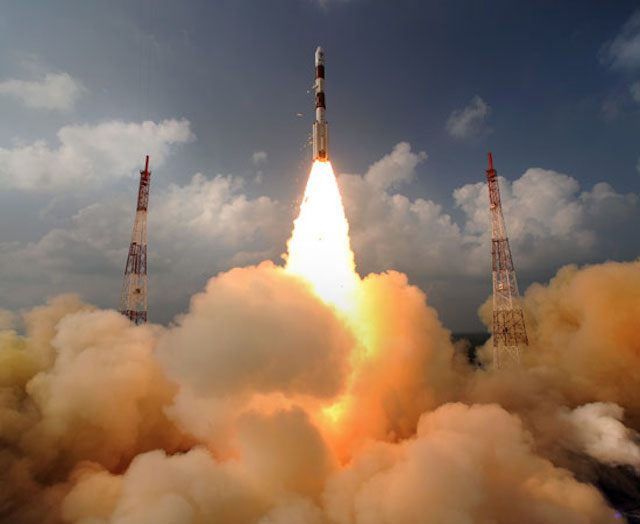Poor countries want space programs more than rich ones do
Ars Technica » Scientific Method 2013-11-11

This week's launch of India's spacecraft to Mars should not come as a surprise. Five years ago, the country sent a mission to the Moon. And going ahead, the Indian Space Research Organisation (ISRO) has bolder aims. In 2015, it plans to send a probe to Venus and then another to the Sun. A reusable launch vehicle is already in the works, something that NASA is letting SpaceX develop. These achievements, however, haven't stopped detractors from asking why India is doing this when a third of its people live below the international poverty line.
The simple answer is because it makes economic sense, as technological and social development go hand in hand. This reasoning has been embraced throughout the developing world. Investment from poor countries has helped double global government spending on space programs in the last few years. It was $73 billion in 2012 but only $35 billion in 2010, according a report by the space market consultancy Euroconsult. In that time, NASA's budget fell from $18.7 billion to $17.7 billion. Countries like Bangladesh, Laos, Indonesia, Malaysia, Thailand, and Vietnam are leading the charge. More than 70 countries now have space programs of some sort.
India's success in space has proven to these countries that modest investments can provide big gains. The Mars Orbiter Mission, for instance, cost only $73 million. NASA's next mission, which will not do a lot more, is going to cost $671 million.
Read 5 remaining paragraphs | Comments




